Alexander Alekhin
Biography (1892–1946)
Fourth world champion (1927–1935; 1937–1946), the only world champion to die undefeated. Alekhine came from a wealthy noble family. On the eve of the First World War, he became one of the strongest chess players in the world, than survived the crucible of the Russian Revolution and the Civil War, became the first champion of Soviet Russia (1920). In 1921, he left for Europe to win the right to play a world championship match with Capablanca. Alekhine demonstrated spectacular, energetic combinational play, won major tournaments, received prizes for the beauty of games, set a record in a simultaneous blind game session. In 1927 he achieved a match with Capablanca and won with a convincing score. In the next 7 years, Alekhine reached the highest peak in chess, winning strongest tournaments, and won two world championship matches against E. Bogolyubov. In 1935, he lost the title of world champion to Euwe but returned in 1937 in a rematch. The Second World War prevented Alekhine's new chess matches (S. Flohr, P. Keres, M. Botvinnik and J. Capablanca could become candidates). In 1946, an agreement was reached on a match with Botvinnik, but it did not take place due to the death of Alekhine.
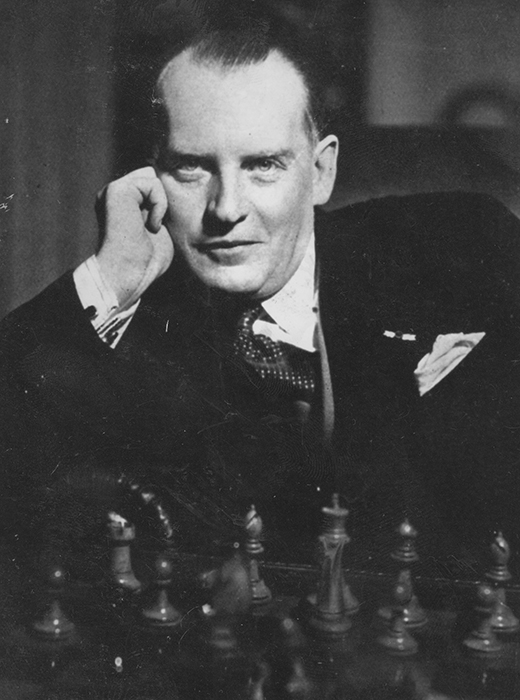
Want chess advice?
On Alekhin
Rudolf Spielmann
I can comprehend Alekhine's combinations well enough; but where he gets his attacking chances from and how he infuses such life into the very opening - that is beyond me
Garry Kasparov
Alexander Alekhine is the first luminary among the others who are still having the greatest influence on me. I like his universality, his approach to the game, his chess ideas. I am sure that the future belongs to Alekhine chess
Max Euwe
Alekhine is a poet who creates a work of art out of something that would hardly inspire another man to send home a picture post card
Max Euwe
Alekhine has enriched chess literature with a number of magnificent combinations. A characteristic of his combinations is that the point of the combination is often found only in the last move. The preparation of the attack is also a characteristic of Alekhine. He starts an attack with threats here and there; the opponent defends himself as well as possible and after having done this feels very satisfied with himself, thinking the storm is over. But then the real attack breaks out with irresistible force. It is not just a single attack—it consists of successive waves of attacks. And, equally important, during these attacking combinations, Alekhine never loses sight of the possibility of simplifications which could bring him into a favourable or a won ending
.png)
Want more?
Read Alekhine books
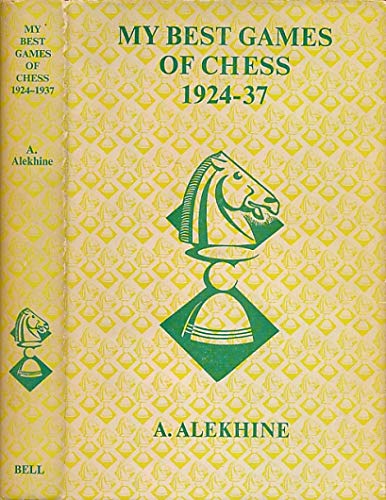
My Best Games of Chess 1908–1923
1939
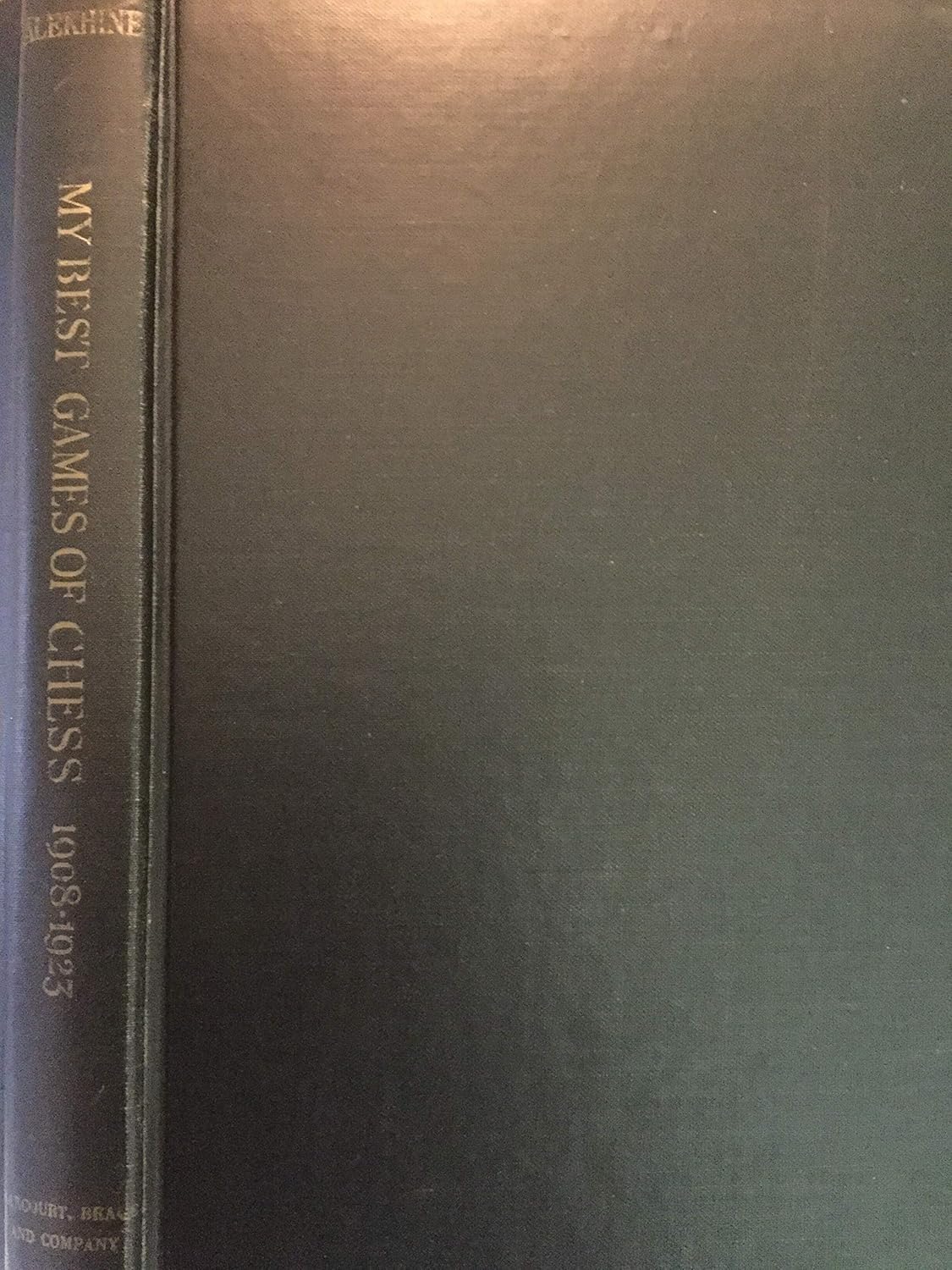
My Best Games of Chess 1924–1937
1940
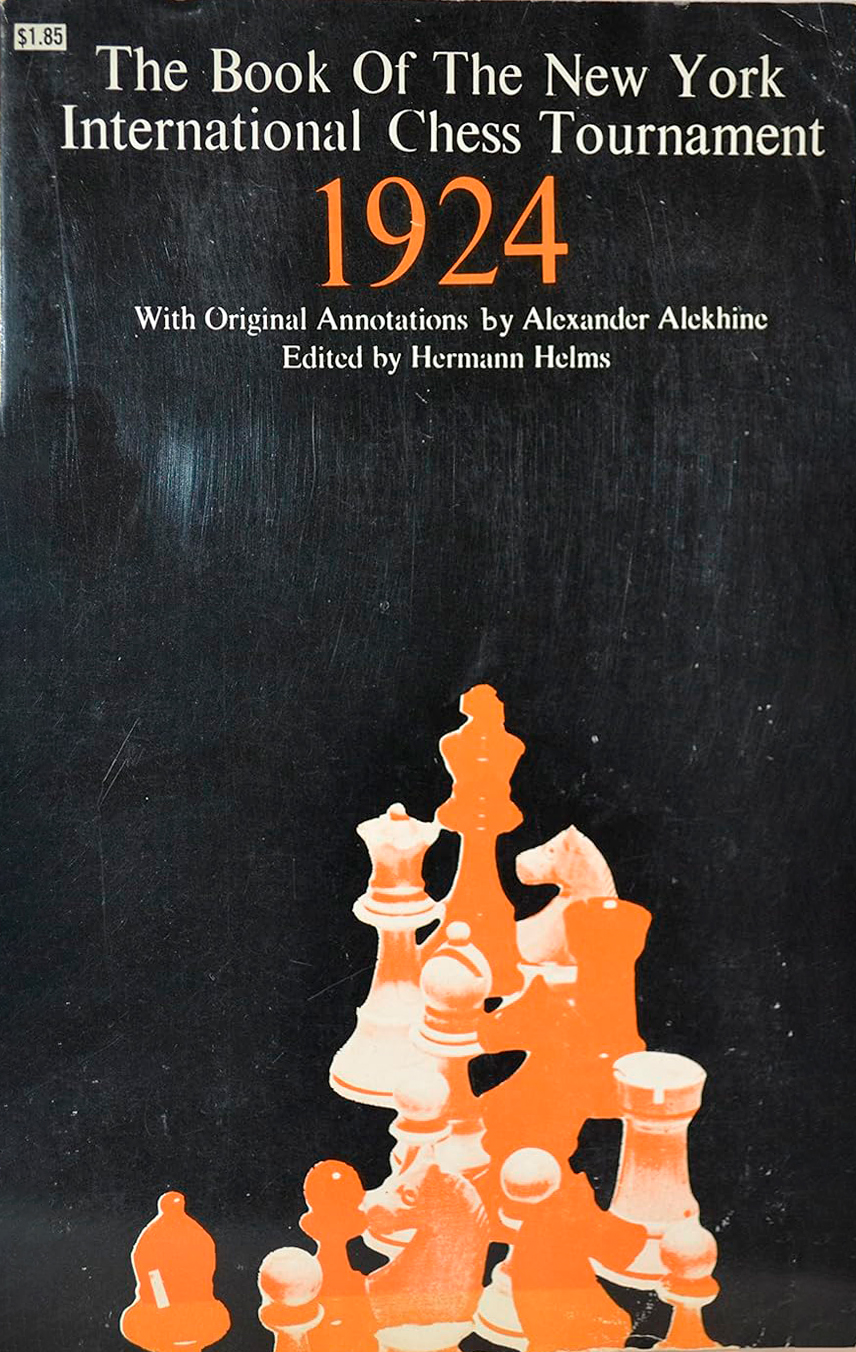
The Book of the New York International Chess Tournament 1924
1984

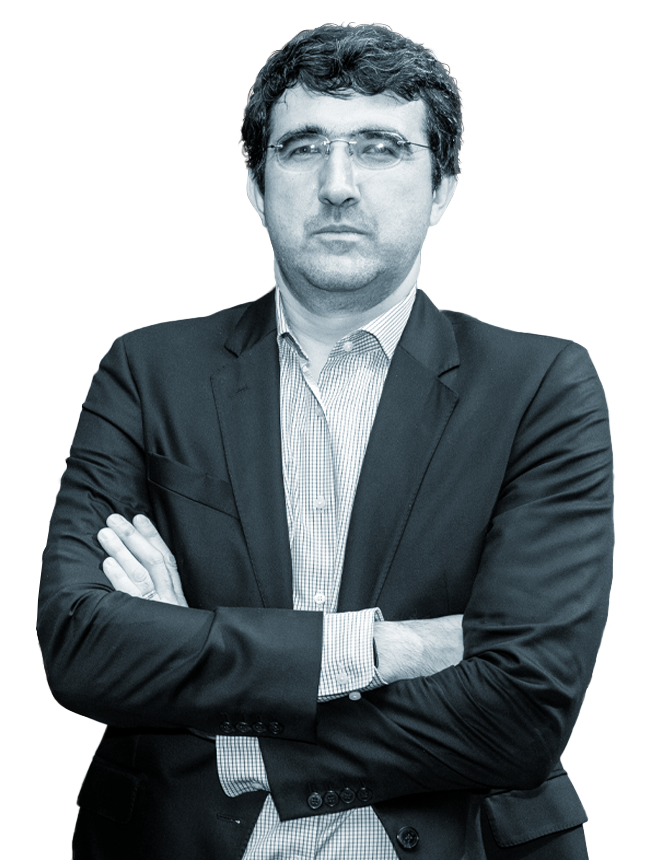
.png)
.png)